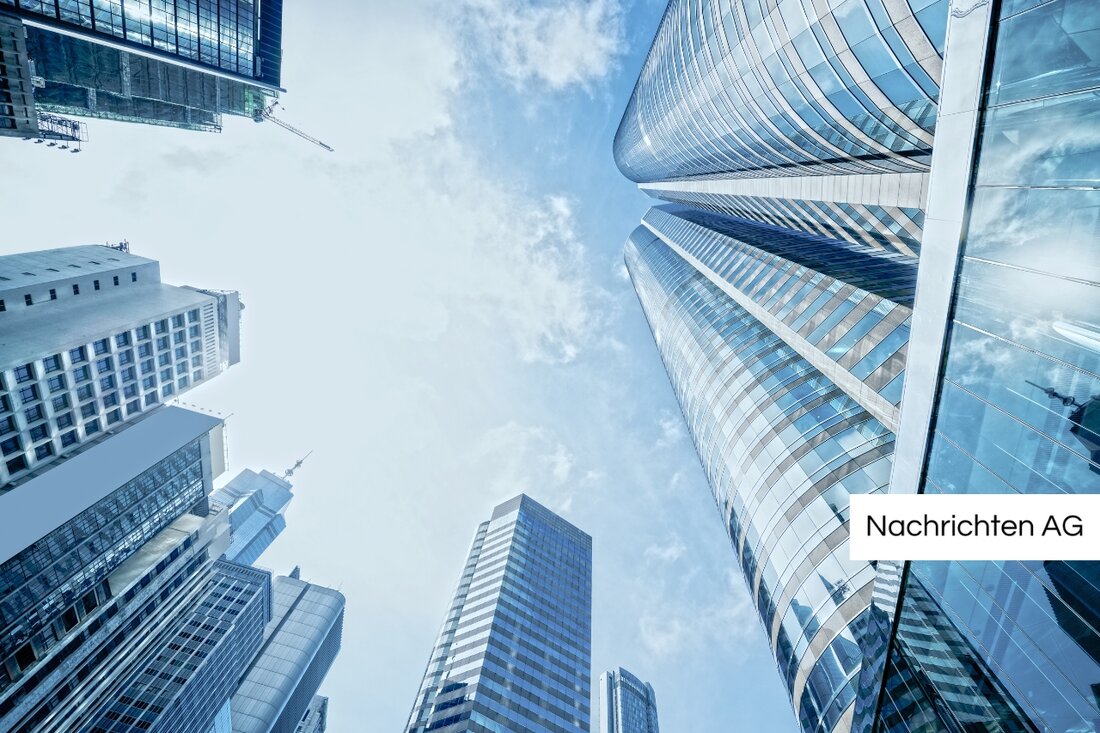Austria's path to climate neutrality: research for the future!
Austria's path to climate neutrality: research for the future!
On June 15, 2025, the Federal Ministry for Innovation, Mobility and Infrastructure announced that Austria wants to become climate neutral by 2040. In order to achieve this ambitious goal, various measures have already been taken for the energy and mobility transition. Nevertheless, it was found that there is often a lack of evidence -based information on decision making. Therefore, three studies have been completed in the Ministry, which are intended to provide crucial findings on future infrastructure. The Austrian building report in particular offers a comprehensive overview of the building stock as well as the new housing building and the quality of existing and new buildings.
The results of these studies are of great importance because they contain analyzes of energy and heating systems. Together with other reports, a data-based image of the energy and construction turnaround in Austria is drawn, which serves as the basis for future political decisions. A press conference on the presentation of these results will take place on Tuesday, June 17, 2025, at 11 a.m. in the BMIMI press center in Vienna. Among other things, will be present in innovation and infrastructure Minister Peter Hanke as well as Karin Tausz from the FFG and Gerald Beck from the Federal Immobilien Society, such as ots.at reported.
sustainable building in focus
A central aspect in the efforts to make a climate-neutral future is the development of innovative building and settlement concepts. These aim to significantly reduce energy and resource consumption and CO2 emissions in the building sector. In addition to the ecological component, there is also the creation of affordable living space and high quality of life for the residents: inside. Projects such as the "Delight" project that examines energy consumption and user comfort in eleven innovative buildings, as well as the long-term valuation of 100 lighthouse buildings in Austria, are significant steps in this direction, such as [sustainable management.at] (https:// sachtäffwirtschaften.at/de/publikationen/eia/2023-02-klimafitte-baeude.php) executed.
In addition, the renovation in social residential construction is also discussed. For this, a monitoring of the residential complex takes place on Friedrich-Inhauser-Straße in Salzburg. At the European level, the Smart Readiness Indicator of buildings is also taken into account. These innovative approaches are essential to achieve the desired climate neutrality.
strategies for a sustainable future
The Federal Environment Agency has established itself as a leading institution for the environment and climate in Austria and Europe and supports decision -makers: Interior actively in the transformation on sustainability. The recommendations of European environmental protection agencies for the next EU environmental and climate policy cycle are based on the 8th environmental action program (UAP), the aim of which is that EU citizens: inside until 2050 live in accordance with planetary borders. Measurable goals, fair transformations and promoting sustainable innovations play a crucial role here. The main topics include the implementation of the green deal and stronger focus on energy and resource efficiency, while climate protection requires ambitious goals by 2040, such as Environmental Bundesamt.at emphasized.
Overall, it becomes clear that Austria is on a promising path to climate neutrality, supported by concrete measures in building policy and energy supply. However, it remains to be seen to what extent the targeted goals can be concretized by 2040 and what further steps are necessary to make a more livable future for all citizens:
| Details | |
|---|---|
| Ort | Radetzkystraße 2, 1030 Wien, Österreich |
| Quellen | |


Kommentare (0)